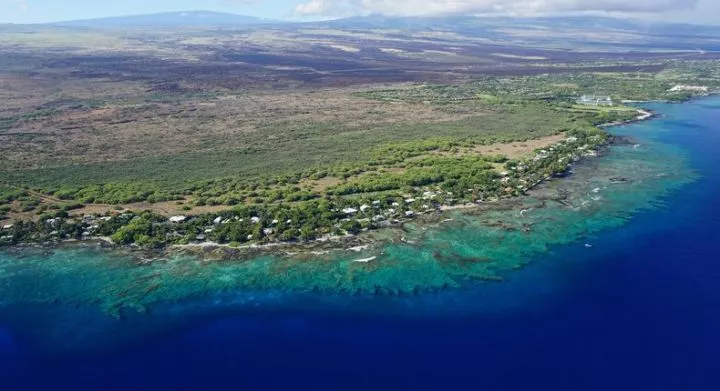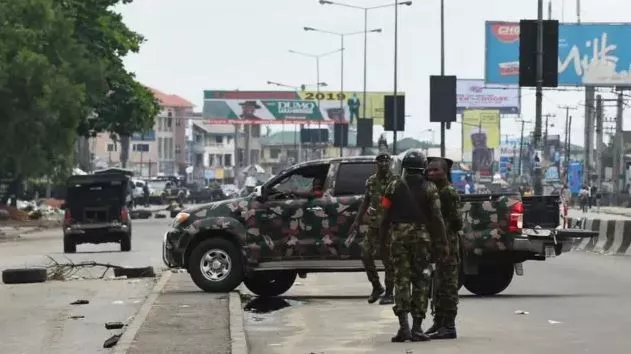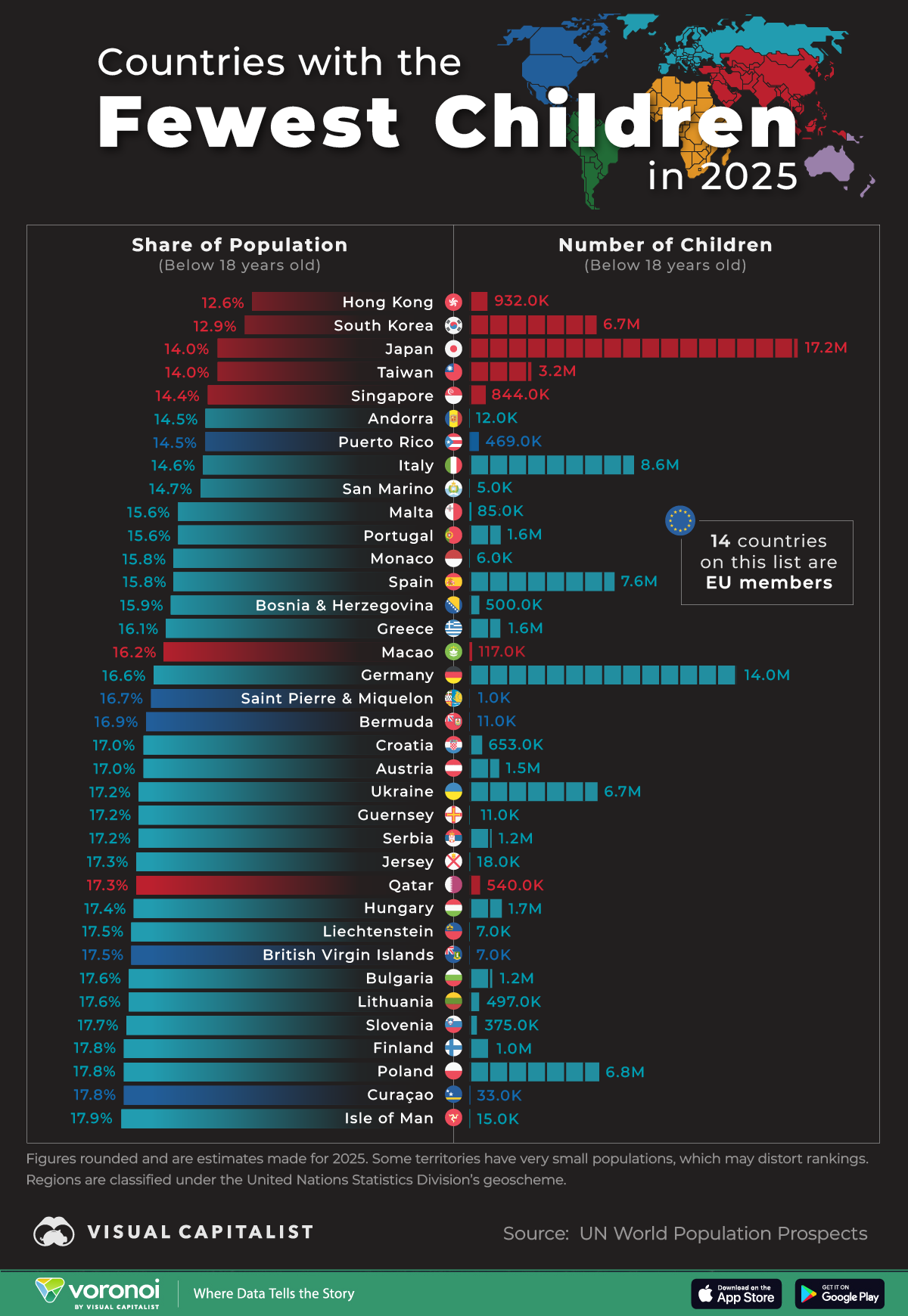
The extensive coastline for numerous African countries has become a key asset with significant implications for the continent's economic and environmental landscape. The continent of Africa houses a fairly equal mix of coastal and landlocked countries, with the coastal countries having a huge maritime advantage. However, these countries also stand the risk of getting attacked from the seas.
African coastlines are a significant asset that, when properly managed, could spur economic growth, enhance food security, boost tourism, and contribute to renewable energy development. However, the advantages of this coastline must be weighed against the need for security against attacks that could be directed from the waters.
As indicated by Global Fire Power (GFP), a data analytics platform concerning military powers across the globe, a country's total coastal coverage refers to the full extent of land access to open deep water sources.
"Total coastline coverage is the complete coverage of land access to open deep water sources," GFP states.
While a long coastline is crucial to boosting marine trade, it also necessitates additional security measures due to the access it provides to a country.
As a result, governments with lengthy coastlines are often required to allocate funds for marine defense, including coastal patrol ships and amphibious assault troops. These defenses should be enough to cover an entire coastline be it lengthy or short.
With that said, here are the top 10 African countries with the most extensive total coastline coverage in 2024
Top 10 African countries with the most extensive defense against invasions from the seas
| 1. | Madagascar | 4,828km | 25th |
| 2. | Somalia | 3,025kn | 33rd |
| 3. | South Africa | 2,798km | 35th |
| 4. | Mozambique | 2,470km | 40th |
| 5. | Egypt | 2,450km | 41st |
| 6. | Eritrea | 2,235km | 47th |
| 7. | Morocco | 1,835km | 51st |
| 8. | Libya | 1,770km | 53rd |
| 9. | Angola | 1,600km | 55th |
| 10. | Namibia | 1,572km | 56th |

















Comments